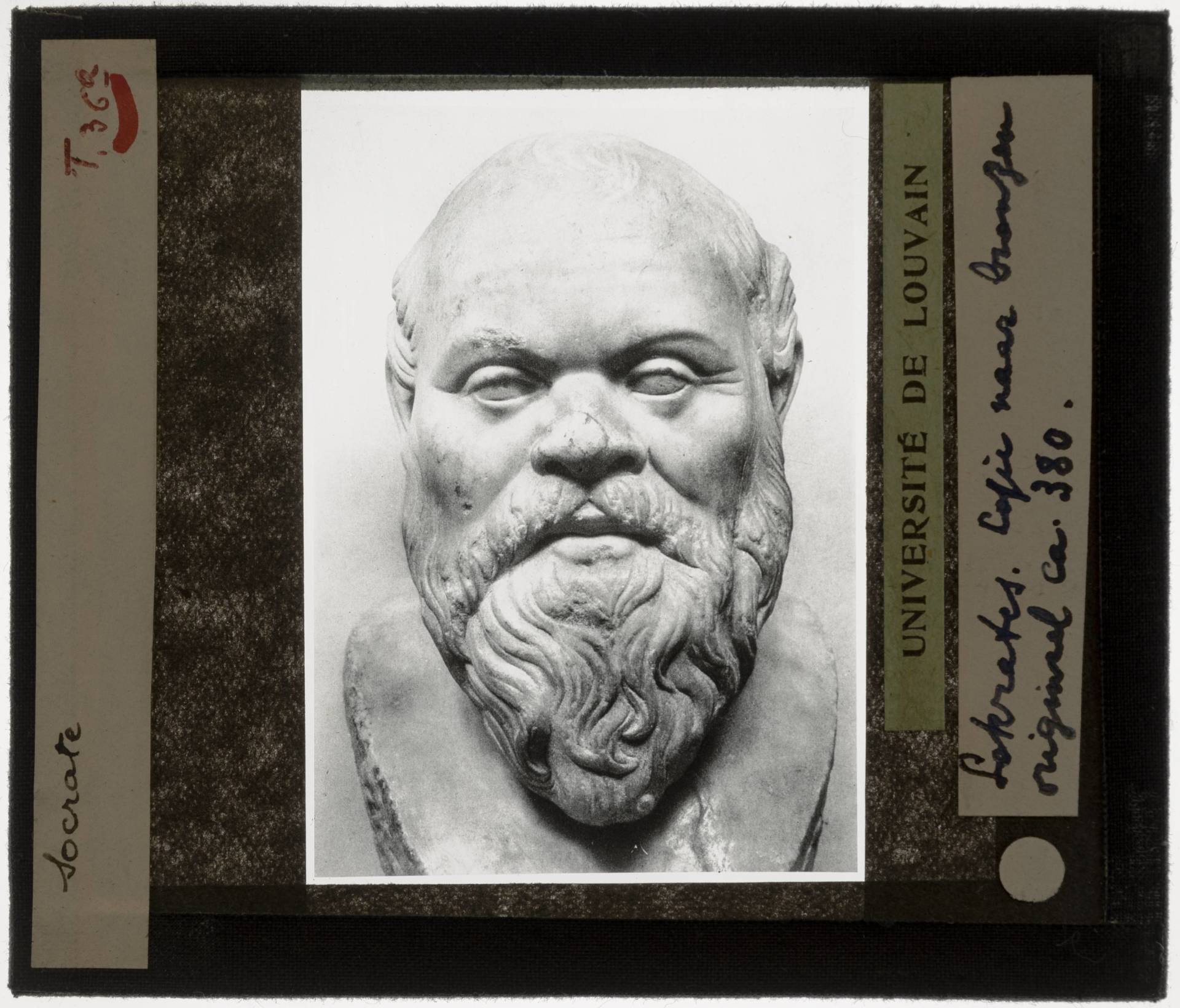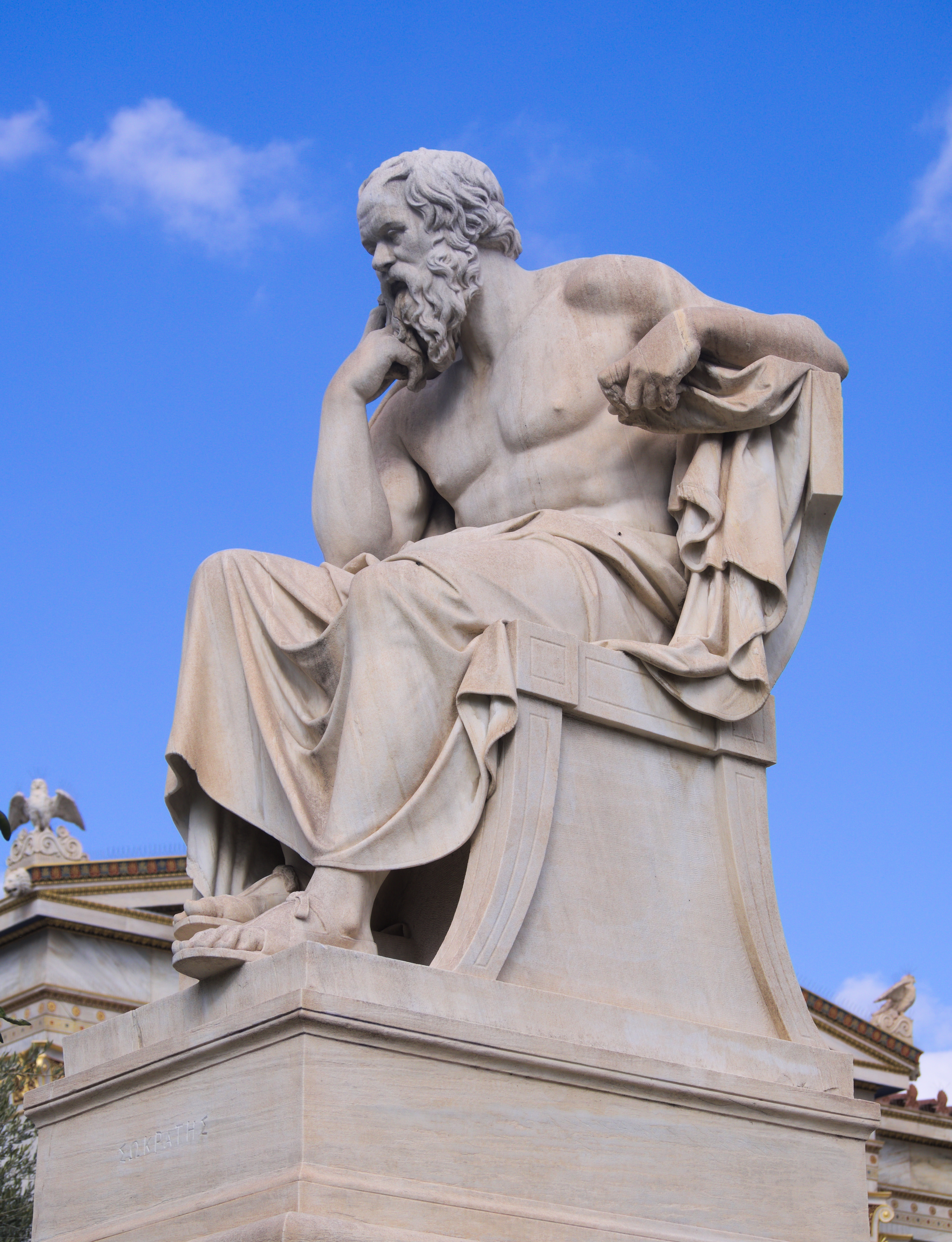




A photograph of a bust of Socrates. Public domain image made available by Europeana Collections.
"[...] Glaucon and the rest of the company joined in my request, and Thrasymachus, as any one might see, was in reality eager to speak; for he thought that he had an excellent answer, and would distinguish himself. But at first he affected to insist on my answering; at length he consented to begin. Behold, he said, the wisdom of Socrates; he refuses to teach himself, and goes about learning of others, to whom he never even says Thank you.
That I learn of others, I replied, is quite true; but that I am ungrateful I wholly deny. Money I have none, and therefore I pay in praise, which is all I have; and how ready I am to praise any one who appears to me to speak well you will very soon find out when you answer; for I expect that you will answer well.
Listen, then, he said; I proclaim that justice is nothing else than the interest of the stronger. And now why do you not praise me? But of course you won't.
Let me first understand you, I replied. Justice, as you say, is the interest of the stronger. What, Thrasymachus, is the meaning of this? You cannot mean to say that because Polydamas, the pancratiast, is stronger than we are, and finds the eating of beef conducive to his bodily strength, that to eat beef is therefore equally for our good who are weaker than he is, and right and just for us?"
— Excerpt of Plato's Republic, a dialogue narrated by Socrates

Statue of Socrates in front of the Academy of Athens. Sculpture by Leonidas Drosis, c. 1880.